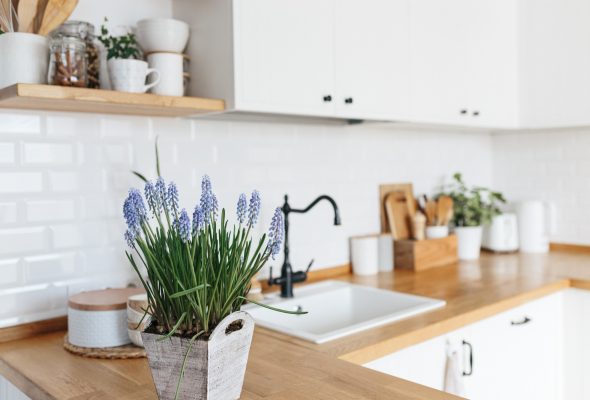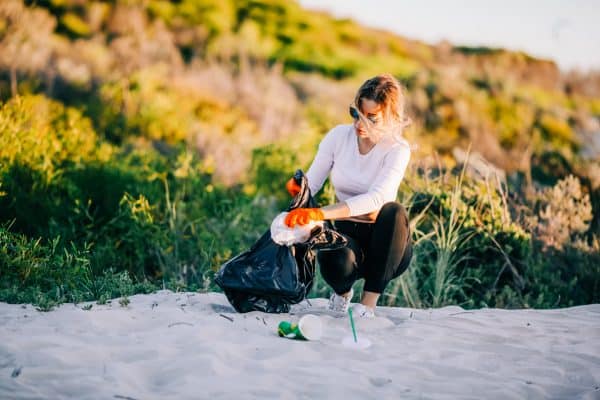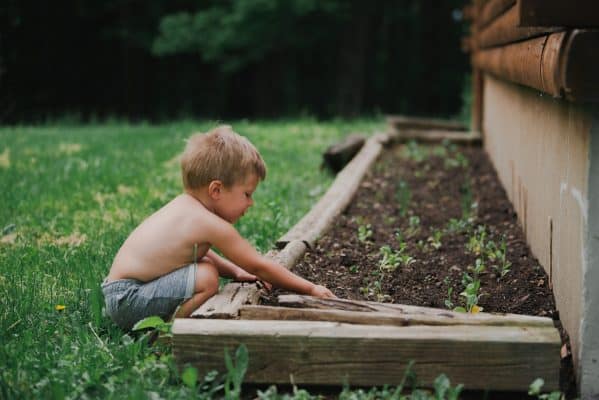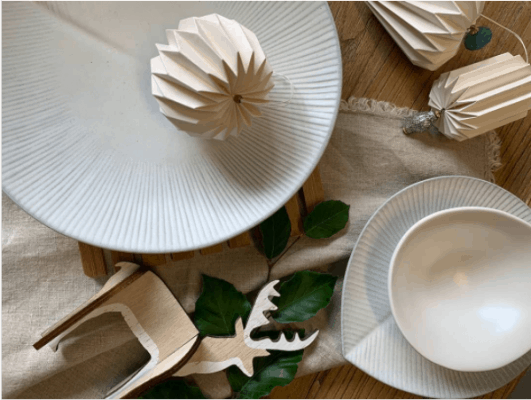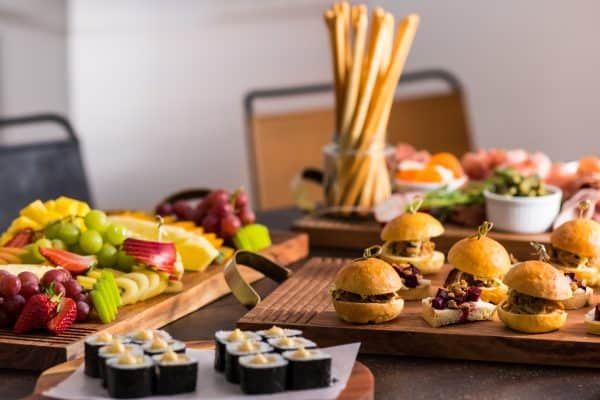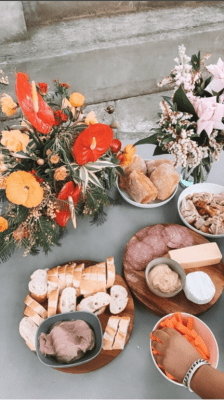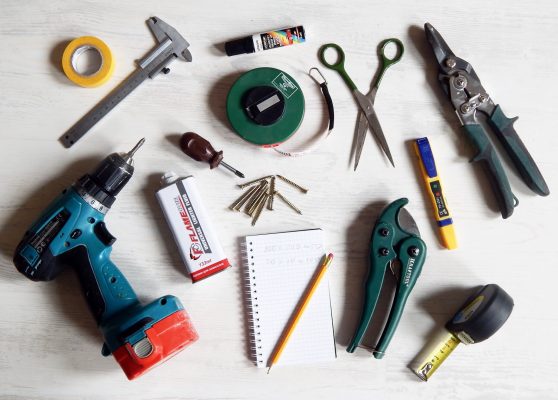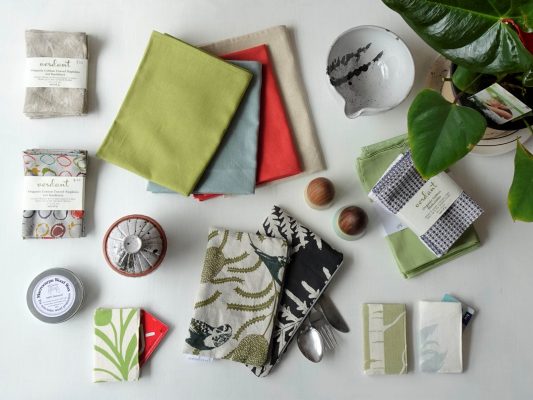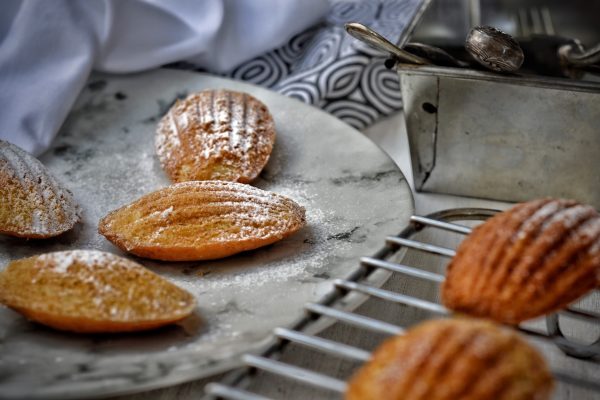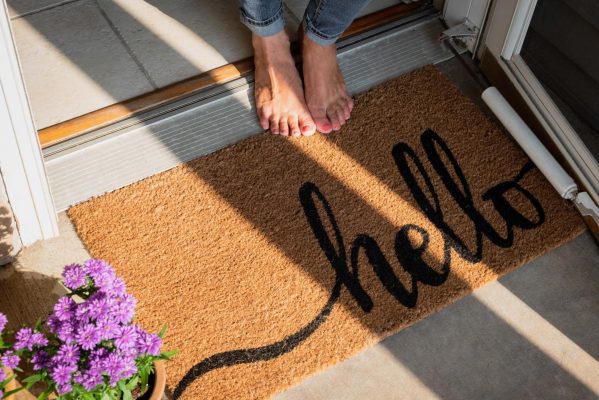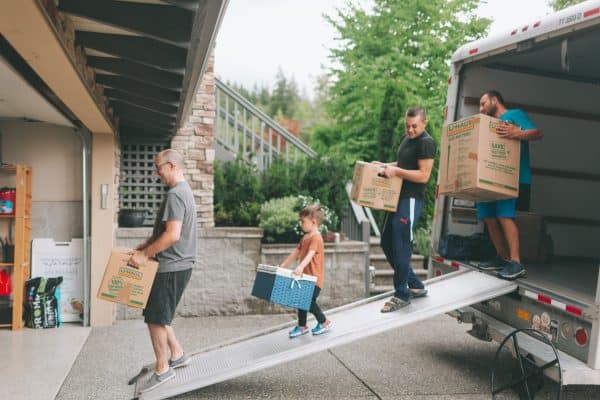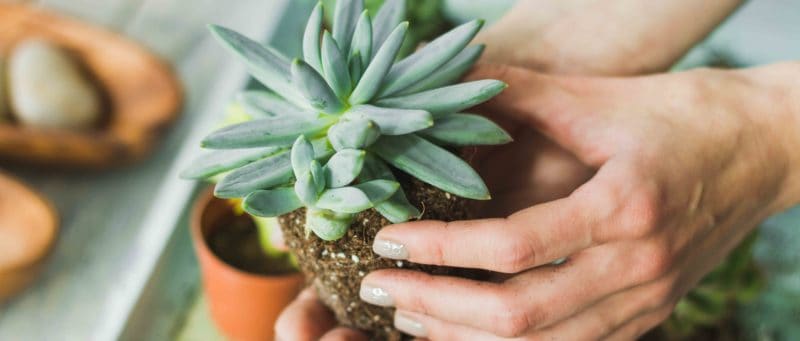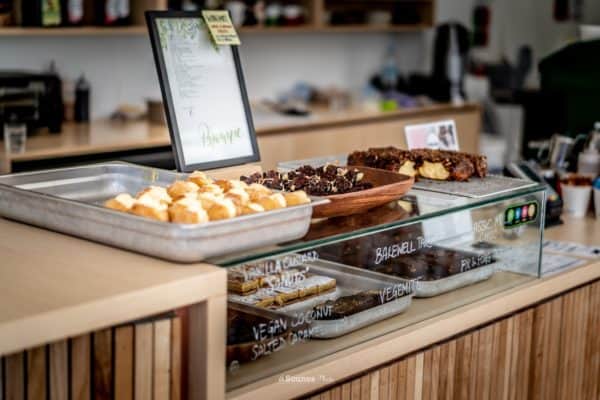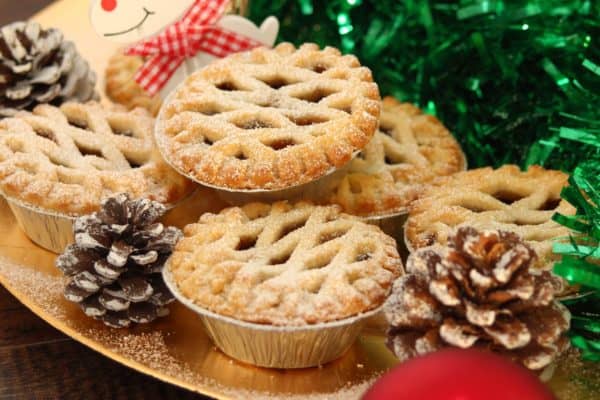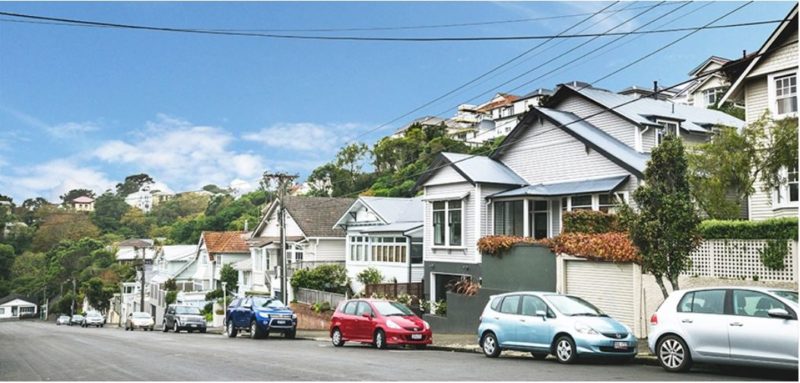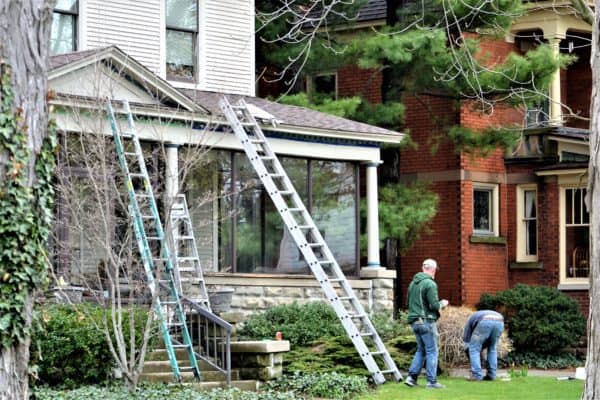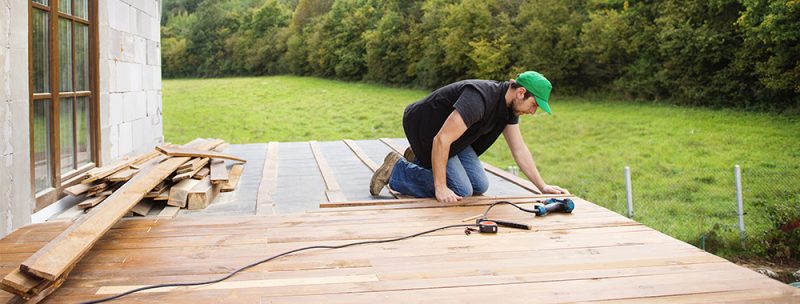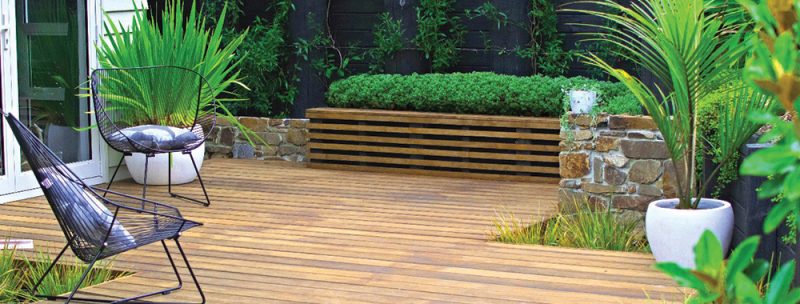Having a garden is pretty eco-friendly, to begin with. If you can grow your own food, you’re already winning. Think of all the transport costs that zucchini you grew saves.
Learning what you plant and when is a good start. Have you seen our awesome Wellington gardening calendar? Choose seeds and plants that are organic or native to NZ.
Do you compost? You should. Composting is super important for diverting food waste from landfill, where is releases methane gas and it is also amazing for your garden.
Next up, invest in good tools. Niwashi is a trusted Japanese brand that makes some pretty sturdy garden tools. Use natural fertiliser. There are heaps of great recipes online that harness the power of cow dung, banana skins, seaweed and compost tea.
If you need some help getting started, reach out to Jess from sunshine in a bottle composting
How can I keep my produce fresher for longer to help with food waste?
Start by making a shopping list and a weekly menu, you will end up saving money and not wasting food. Check out Love Food Hate Waste Produce expires at different times and it depends on the item and how it is stored.
Most produce will last longer if you keep it in the fridge. There are a couple of exceptions to the rule (onion, potato, kumara, garlic all prefer a dry, dark spot). Make the most of your produce drawer as it will keep a steady temperature no matter how much you open and close the fridge. Don’t overpack it though, your produce needs space and air circulating around it. Keep salads in sealed airtight containers. This will stop the moisture from escaping and will help keep your salad fresher for longer.
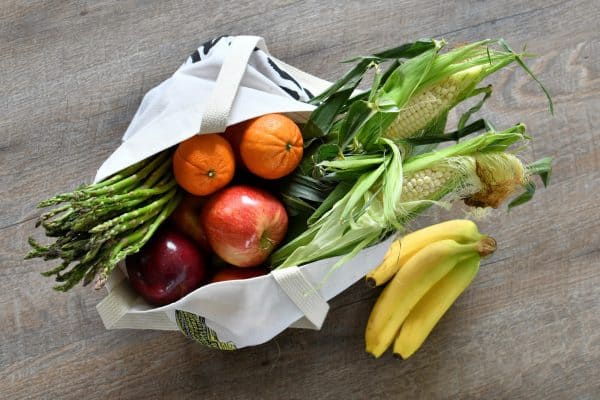
Storing herbs – remove rubber bands (if any), rinse, gently dry (a salad spinner works) and then wrap them in a clean, dry dishtowel. Pop them in a sealed container and then put that container in the fridge.
Some fruits and vegetables—like apples, ripe bananas, pears, and potatoes—produce a gas called ethylene that accelerates the ripening process of other fruits and vegetables. If you’re trying to speed up the ripening process, mix your produce with your items that produce ethylene. If you want to slow it down, keep those items away from others and in the fridge where appropriate.
Freeze, freeze, freeze – if you have sad-looking vegetables that need to be eaten ASAP, cut them up and freeze them. They will make a good soup stock base at some point!
Same goes with fruits. If you’ve got fruit that is past its eat-by date, slice it up and freeze it. You never know when you’ll want a smoothie or a yummy fruit crumble.
When should I repair vs replace?
If you can repair something, you should. This should always be the first option. When you repair an item, not only are you getting more bang for your buck by extending the use of an item, but you’re also ensuring fewer raw materials are extracted from the earth, less water is used in production, not to mention the transport emissions created by most goods.
When it comes to replacing it, first ask yourself if you really need to replace it. If the answer is yes, then do your research and choose a replacement product from a company that is ethical, sustainable and known for the quality of its products. Even better some companies now have return schemes for their own products. You can read more about your right to repair here.
Connect me with a local expert
Whether you’re ready to sell or looking for answers, we’ll guide you with data-driven strategy paired with over 20 years of industry experience
Book a free appraisal



